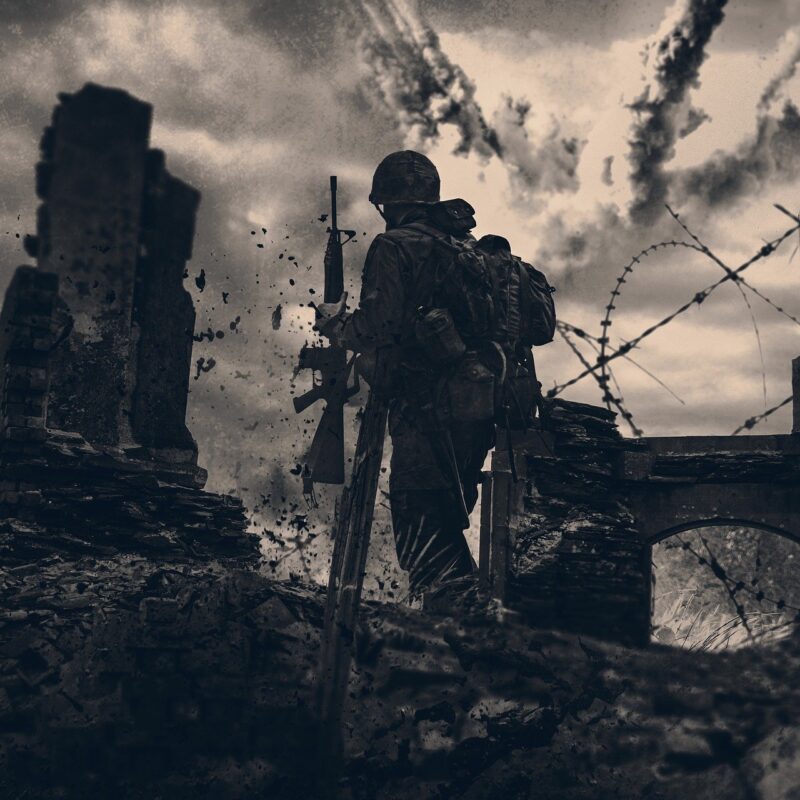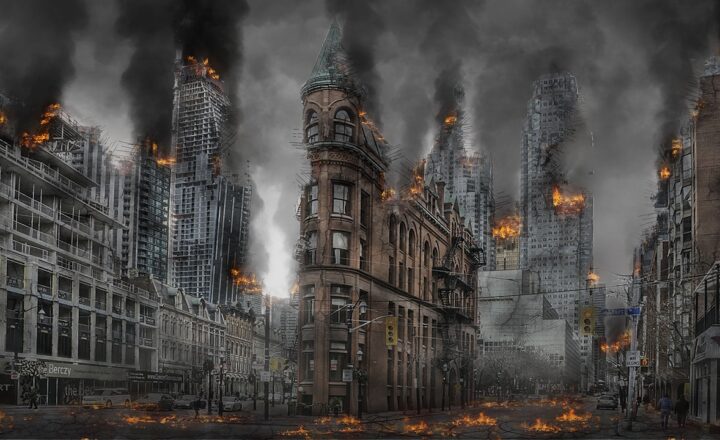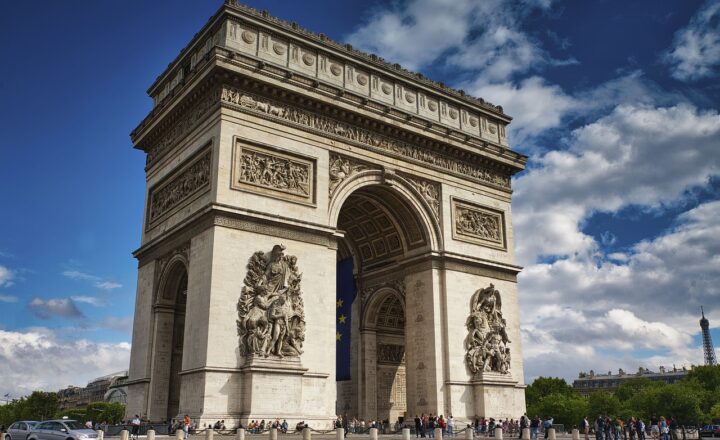Decoding the Art of War: The Most Influential Conflicts That Changed History
November 17, 2024

Wars are often catalysts for monumental changes in societies, politics, and economies. Through detailed analysis and examination, we can decode not just the events of wars but the strategies, ideologies, and aftermaths that reshaped human history. This article will explore some of the most influential conflicts spanning centuries, analyzing their impacts and the lessons they impart for future generations.
1. The Peloponnesian War (431-404 BC)
The Peloponnesian War marked a pivotal point in the history of ancient Greece, a conflict between the powerful city-states of Athens and Sparta.
**Overview**: Spanning nearly three decades, the war highlighted the serious consequences of democracy and imperial overreach. Athens, amidst its golden age, sought to expand its power, while Sparta, supported by other city-states, rallied against Athenian dominance.
**Impact on History**:
– **Strengthening of Sparta**: The conflict solidified Spartan dominance temporarily, leading to a brief oligarchic rule in Athens.
– **Decline of Classical Greece**: The war weakened Greek city-states, making them susceptible to external forces, notably Macedonia.
– **Political Theories**: Thucydides, the historian who chronicled this war, introduced concepts of realism in international relations.
2. The Hundred Years’ War (1337-1453)
The Hundred Years’ War was a series of conflicts between England and France, fundamentally altering the identity and politics of both nations.
**Overview**: This protracted conflict was fueled by territorial disputes, claims to the French throne, and economic considerations. It involved several significant battles, including Crécy and Agincourt.
**Impact on History**:
– **National Identity**: Both England and France began to develop strong national identities during this period, culminating in their modern state systems.
– **Technological Advances**: The war saw the introduction of new military technologies, such as longbows and cannons, which would change warfare strategies significantly.
– **Rise of Joan of Arc**: Joan’s leadership not only rejuvenated French morale but also highlighted the role of individual charisma in warfare.
3. The Napoleonic Wars (1803-1815)
Napoleon Bonaparte’s campaigns spread revolutionary ideas across Europe while also consolidating French imperial power.
**Overview**: A series of conflicts involving various coalitions against France, the Napoleonic Wars transformed Europe’s political landscape.
**Impact on History**:
– **Spread of Nationalism**: These wars fostered a sense of national consciousness in various European countries, laying groundwork for future nations.
– **Modern Warfare**: The wars introduced new strategies, such as extensive use of artillery, corps system organization, and the importance of logistics in military planning.
– **Congress of Vienna**: The aftermath prompted a significant reshaping of Europe, establishing diplomatic practices that avoided large-scale wars for decades.
4. The American Civil War (1861-1865)
The American Civil War remains one of the most transformative periods in U.S. history, fundamentally questioning the nation’s morals, governance, and future.
**Overview**: The war arose from deep-seated tensions over slavery, states’ rights, and economic differences between the North and South.
**Impact on History**:
– **Abolition of Slavery**: The war led to the emancipation of enslaved people and altered the socio-political fabric of the United States.
– **Federal vs. State Power**: The outcome solidified federal authority over states, changing the balance of governance and ensuring a unified nation.
– **Modern Warfare Tactics**: The conflict saw the use of trench warfare and advanced weaponry, paving the way for future military conflicts.
5. World War I (1914-1918)
World War I was characterized by unprecedented levels of destruction and reshaped international relations for decades.
**Overview**: Triggered by a complex web of alliances and nationalistic fervor, the war featured trench warfare and major battles across multiple fronts.
**Impact on History**:
– **Treaty of Versailles**: The treaty altered borders and imposed reparations, creating resentment that eventually contributed to World War II.
– **Shift in World Power**: The war marked the decline of European imperial powers and laid the foundation for the rise of the United States and the Soviet Union on the world stage.
– **Social Change**: The war catalyzed changes in societal roles, especially for women, which would influence movements for gender equality.
6. World War II (1939-1945)
World War II, the deadliest conflict in human history, had profound effects on global politics, economies, and societies.
**Overview**: Fueled by Fascism and aggressive nationalism, the war involved numerous countries and devastating battles like Stalingrad and Normandy.
**Impact on History**:
– **Formation of the United Nations**: The need for a platform to prevent future global conflicts led to the establishment of the UN, striving for international cooperation and security.
– **Cold War Dynamics**: The post-war division of Europe would lead to the Cold War, shaping global alliances and conflicts for decades.
– **Decolonization**: The war precipitated decolonization movements across Asia and Africa, contributing to the emergence of new nations.
Conclusion
Analyzing these influential conflicts allows us to learn, reflect, and adapt. Each war showcased humanity’s frailties and strengths, revealing that understanding history equips us better for the future. Decoding the art of war is not merely about military strategies but encompasses the broader implications of conflict on civilization’s trajectory. As we continue to study these pivotal moments in history, let us emphasize peace and understanding, lest we repeat the mistakes of the past.








